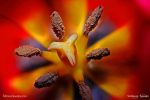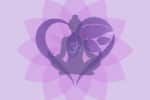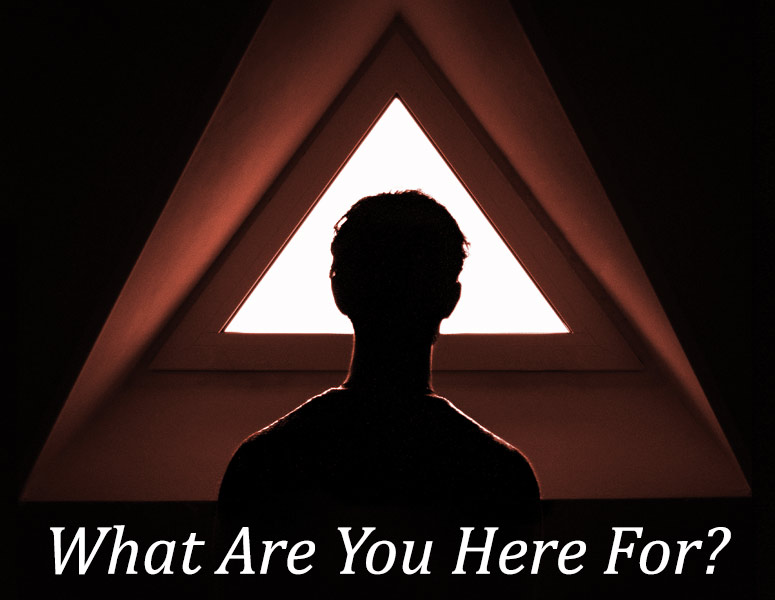What is love?
Gratitude.
What is hidden in our chests?
Laughter.
What else?
Compassion.
…
Don’t ask what love can make or do.
Look at the colors of the world.
According to Coleman Barks the “… voices in Rumi’s poetry come from many points in the inner-outer spectrum … the inner ones are continuous and permeate the entire fabric of his poetry …. sometimes the without-form presence within speaks to Rumi through the poetry …” In Rumi’s {poetry} art, “everything is a conversation.”
The excerpted poem stanzas are an example of such a conversation!
“Human beings are a discourse. That flowing moves through you whether you say anything or not. Everything that happens is filled with pleasure and warmth because of the delight of the discourse that’s always going on.” ~ DISCOURSE 53
Coleman adds that “Rumi’s poetry mirrors back to us this ocean of woven speech too intricate and dynamic for any grammarian to untangle.”
Coleman Barks has the amazing gift of translating the original Persian/Farsi text in a manner that resonates with the English speaking world … he took the ever present “freshness” that is alive in Rumi and expressed it in English – an incredible feat particularly when you find that Coleman had never heard of Rumi prior to 1976 when Robert Bly handed him a Rumi translation and said “please release these poems from their cages!” … and …
As a result of Bly’s insightful genius in seeing Coleman’s literary gift, the English speaking world has been able, and continues, to relish Coleman’s accomplished brilliance as he brings Rumi’s “Divinely drunk madness” even “closer” to so many of us, not just in the west but everywhere in the world.
Quote: excerpted poem stanzas from The Essential Rumi, Translations by Coleman Barks with John Moyne. Also, the quoted italicized text after the image is from Coleman’s opening, contextual prose in the chapter titled Sohbet in this same book.
Image Credit: Watchman. Zion National Park by cjarv2010, CC BY-SA 2.0.







